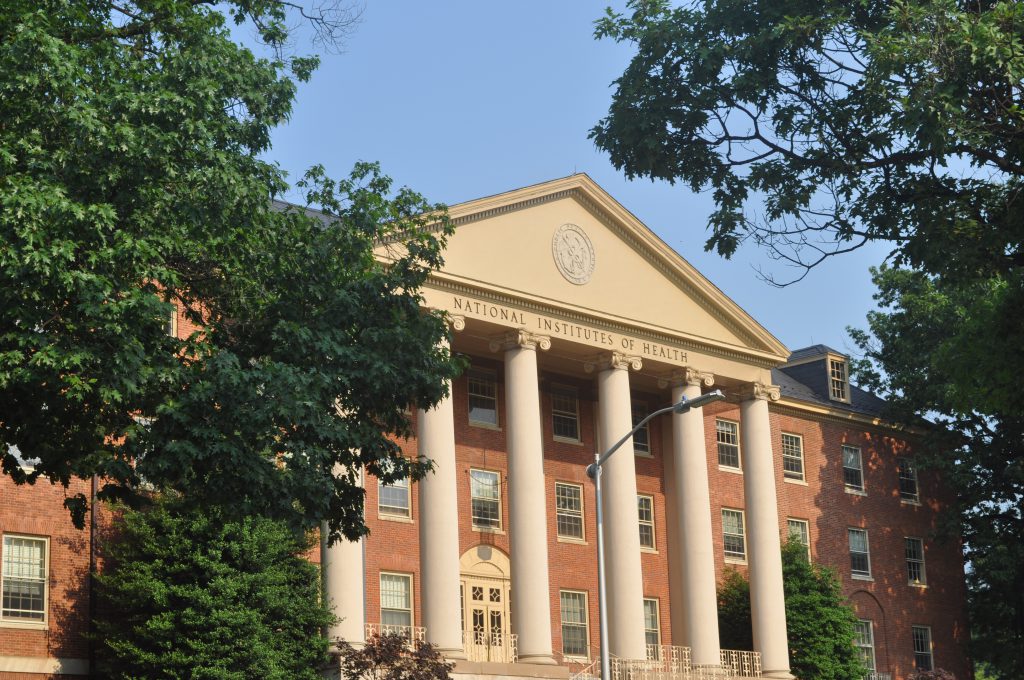NIMH Funding Research on Practice-Based Suicide Prevention
Grant opportunities for research centers to study suicide prevention

The National Institute of Mental Health (NIMH) has issued a funding opportunity announcement supporting new research institutions to study suicide prevention. In the face of rising suicide rates in the U.S., NIMH has developed a goal to reduce the suicide rate by 20% by 2025. To achieve this goal, NIMH has prioritized studies which convene and employ a transdisciplinary team of researchers.
Research institutions should apply to support the rapid development, testing, and refinement of innovative approaches for:
- identifying, preventing, and treating suicide risk within well-defined target populations, with an emphasis on high-risk and underserved groups
- organizing and delivering optimized suicide prevention services within real world settings where at-risk individuals are served
- continuously improving the quality, impact, and sustainability of optimized interventions and service delivery strategies within diverse care systems.
NIMH is looking for multidisciplinary research teams which include behavioral and social scientists. These grants are being offered via NIH’s P50 “specialized center” mechanism, so please be sure to read the funding opportunity carefully prior to beginning an application.
NIMH will be accepting applications at various due dates from October 19, 2020 through January 26, 2022. 30 days before the due date, research institutions must submit a letter of intent.
Through this grant, NIMH can provide awardees up to $2 million per year for up to five years.




APS regularly opens certain online articles for discussion on our website. Effective February 2021, you must be a logged-in APS member to post comments. By posting a comment, you agree to our Community Guidelines and the display of your profile information, including your name and affiliation. Any opinions, findings, conclusions, or recommendations present in article comments are those of the writers and do not necessarily reflect the views of APS or the article’s author. For more information, please see our Community Guidelines.
Please login with your APS account to comment.